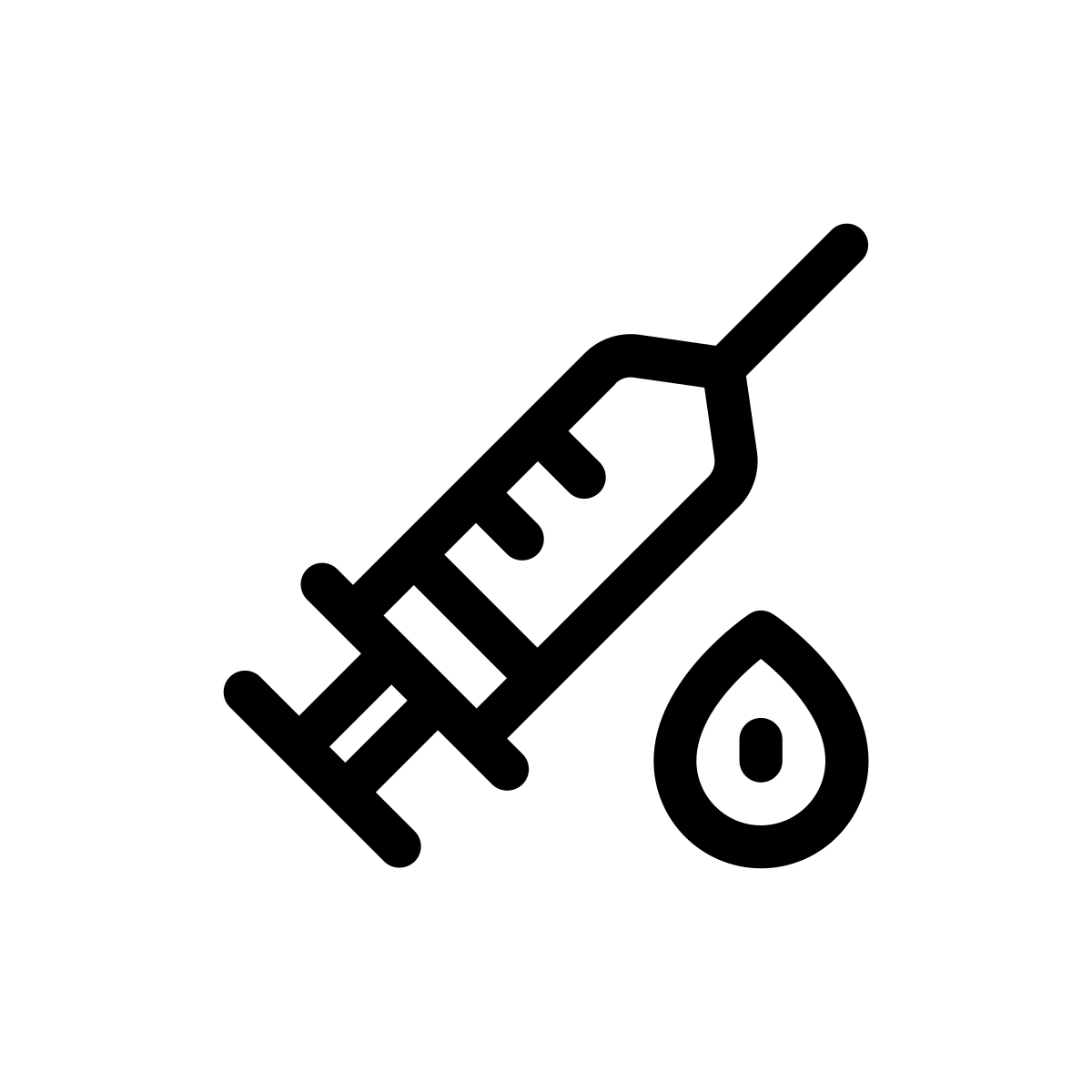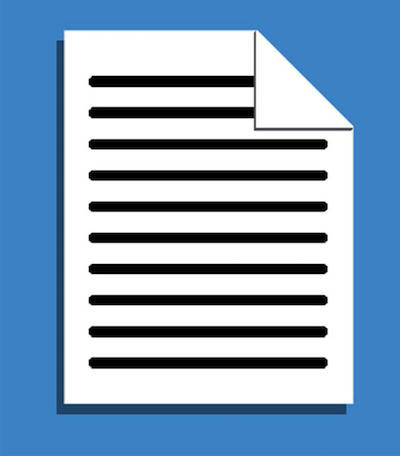Your Search Results (15) sorted by newest
Wash Your Hands – What’s the Right Way?
In this media literacy activity students analyze a comic, a graphic, a music video and a public service announcement for messages about the best way to wash your hands to protect yourself from getting sick.
15-30 Minutes
COVID-19 and the Economy: Conflicting Priorities
In this media literacy activity students analyze two opinion pieces for messages about how to manage the economy during a global health crisis.
30-60 Minutes
Vaccine Safety - Exploring Our Own Biases
Students analyze two short news videos about the safety and speed of the creation of the mRNA Covid vaccine, about sourcing and credibility of the videos and the scientific information presented in them, and about their own confirmation biases.
15-30 Minutes
COVID-19 & Climate Change: Graphing the Connection
In this media literacy activity students analyze online graphs and text for messages about the connections between the COVID-19 pandemic and climate change.
30-60 Minutes
Changing Our Media Habits: The Impact of the Pandemic
In this media literacy activity students analyze charts, graphs and illustrations for messages about media consumption changes as a result of the COVID-19 pandemic.
30-60 Minutes
Confirmation Bias, Coronavirus and the 2020 Presidential Campaign
Students analyze a political ad, a tweet and a fact-checking article for confirmation bias and credibility of sources.
15-30 Minutes
Conspiracy Theories About COVID-19: Who’s Selling? Who’s Buying?
In this media literacy activity students analyze media documents that allege conspiracies related to the coronavirus. Students then analyze media messages for credibility and reflect on their own biases in interpreting conspiracy theories.
30-60 Minutes
Faces of COVID-19 – Artists as Activists
In this media literacy activity students analyze short videos about the human faces of COVID-19 for messages about how artists work to humanize the pandemic.
15-30 Minutes
Misinformation About COVID-19: How to Figure It out
In this media literacy activity students analyze videos for messages about what to do about misinformation about the COVID-19 pandemic.
30-60 Minutes
Polarized America: Political Conventions 2020
In this media literacy activity students analyze montages of clips from the 2020 Democratic and Republican conventions for messages about target audience and polarization of the electorate.
15-30 Minutes
Social Media Goes Viral: Fact Checking Messages About COVID-19
In this media literacy activity students analyze a text message, a Facebook post, a webpage from a fact checking organization and a tweet from the World Health Organization for messages about credibility of Internet information about precautionary health measures for COVID-19.
30-60 Minutes
Trusting Web Videos on COVID-19 (Or Not)
In this media literacy activity students analyze for credibility four video clips of people giving prevention advice during the Covid-19 crisis: President Donald Trump, Dr. Anthony Fauci, Director of the National Institute of Allergy and Infectious Diseases, a New York City primary care doctor during an online family information session, and a naturopathic doctor during a televangelist TV program. These were all posted online in March of 2020.
15-30 Minutes
Vaccine Nationalism and Global Equity: Who Gets the Shots When?
In this media literacy activity students analyze short videos for messages about the ethics of global vaccine access.
15-30 Minutes
“The Truth About Coronavirus” - Google Searching For COVID-19
In this media literacy activity students analyze results from two Google searches, one for “coronavirus” and one for “the real truth about coronavirus,” to reflect on the impact of search terms on the sources that Google recommends.
15-30 Minutes
RX For an Infodemic: Media Decoding, COVID-19, and Online Teaching
After describing the historical, political and social causes of our viral age of “fake news,” this article explore how constructivist media decoding provides a methodology for addressing the polarization of truth, with examples of how this work can be done in the classroom through face-to-face and virtual learning.
Download
Social Studies
English Language Arts















